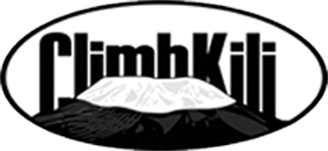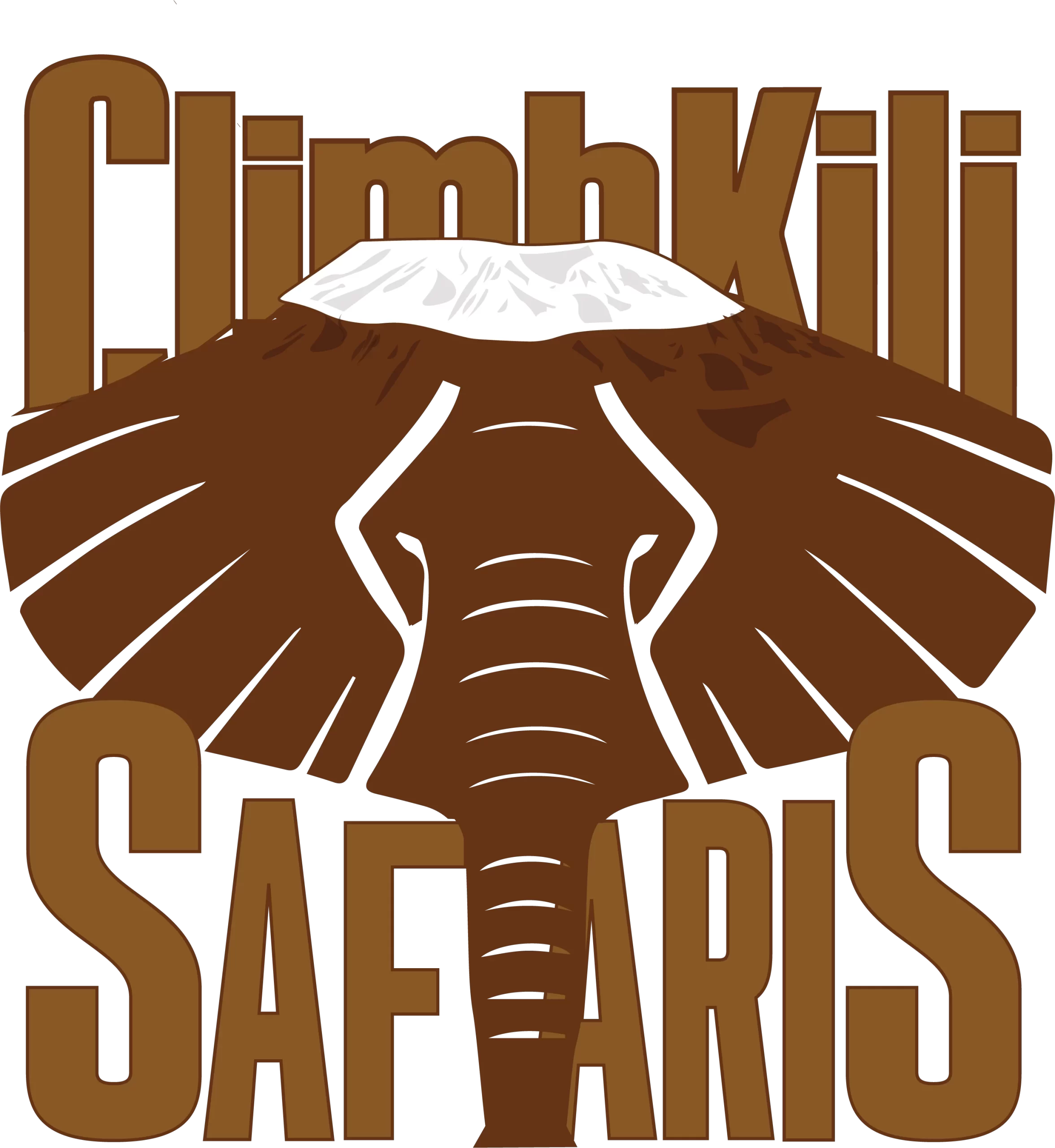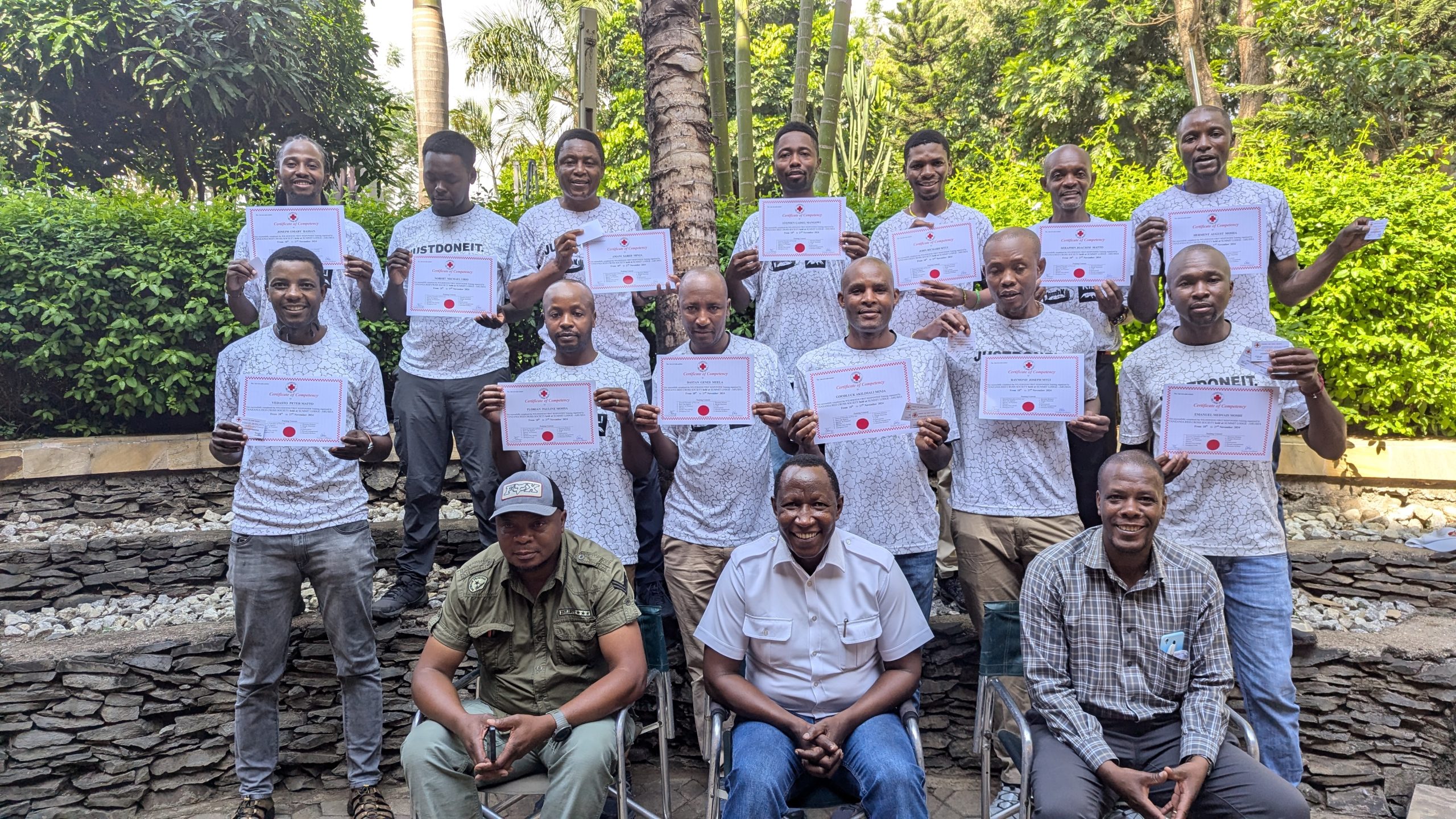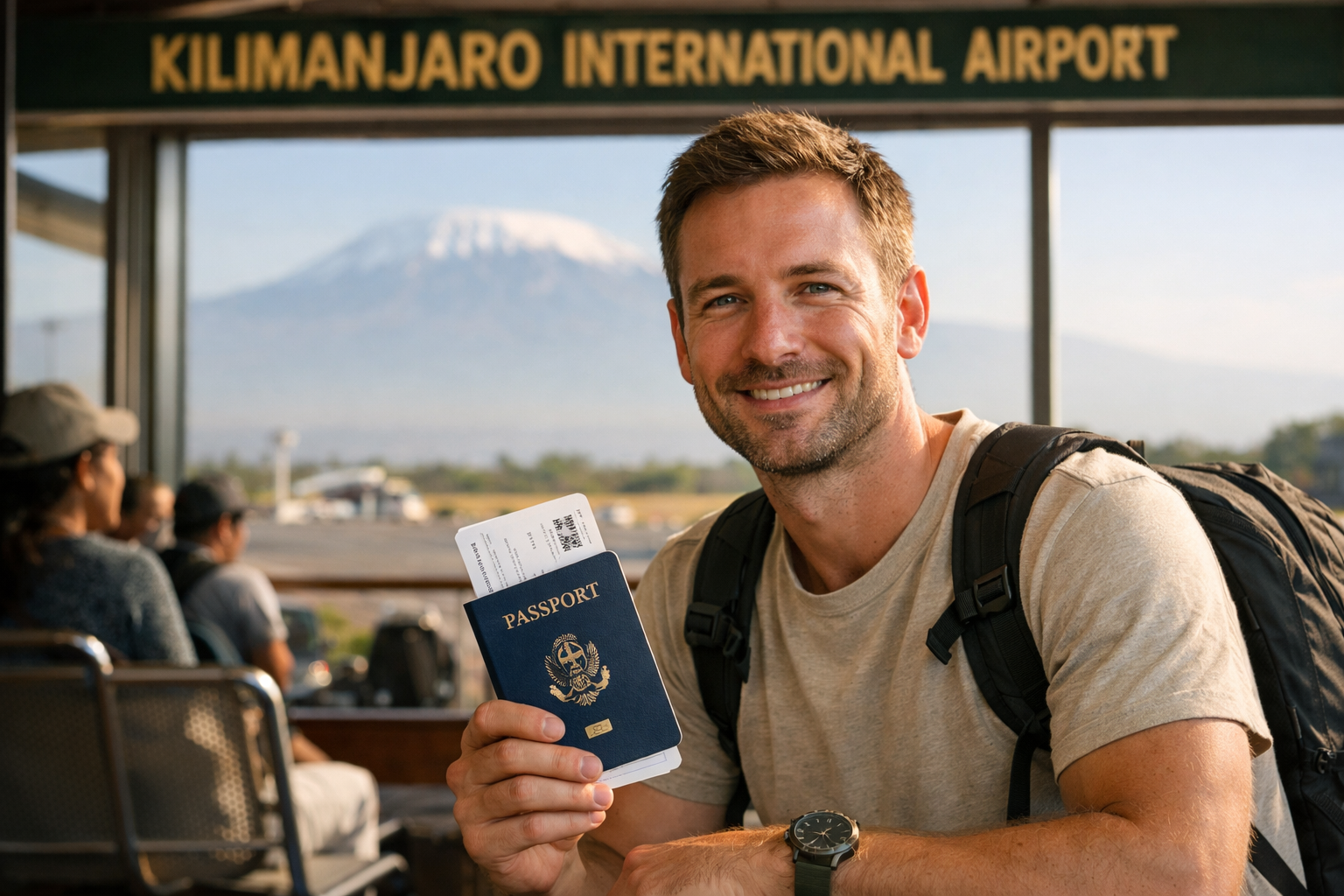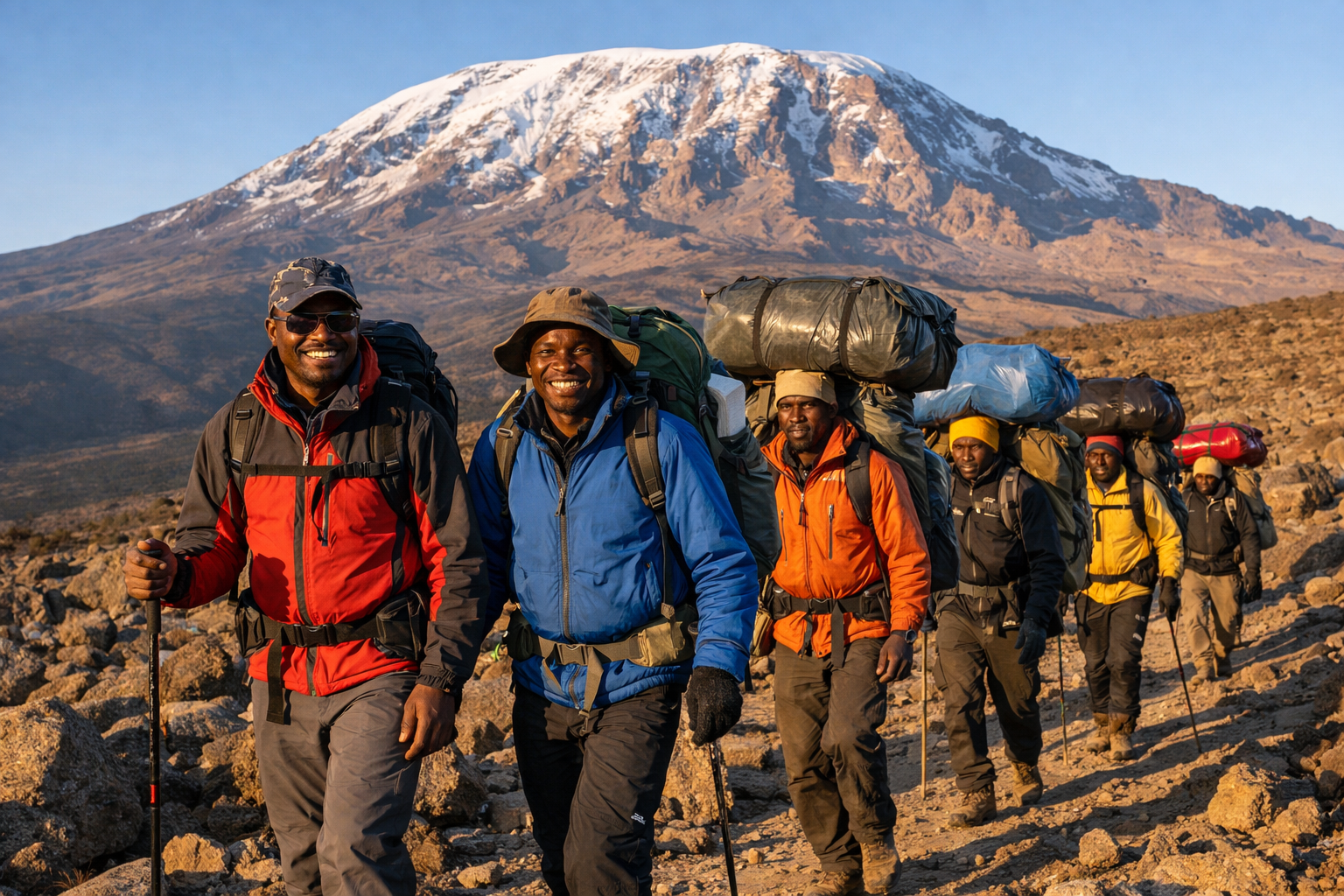How Climb Kili’s Wilderness First Responder Certification Elevates Your Safety
At Climb Kili, safety isn’t just a priority—it’s the foundation of every trek we lead. To ensure our climbers have the safest experience possible, all Climb Kili lead guides undergo comprehensive Wilderness First Responder (WFR) certification training. This rigorous safety program equips our guides with the skills and knowledge needed to respond to medical emergencies in remote and high-altitude environments like Mount Kilimanjaro.
By blending top-notch safety training with unmatched local expertise, our Wilderness First Responder-certified guides set the standard for safe and successful Kilimanjaro climbs.
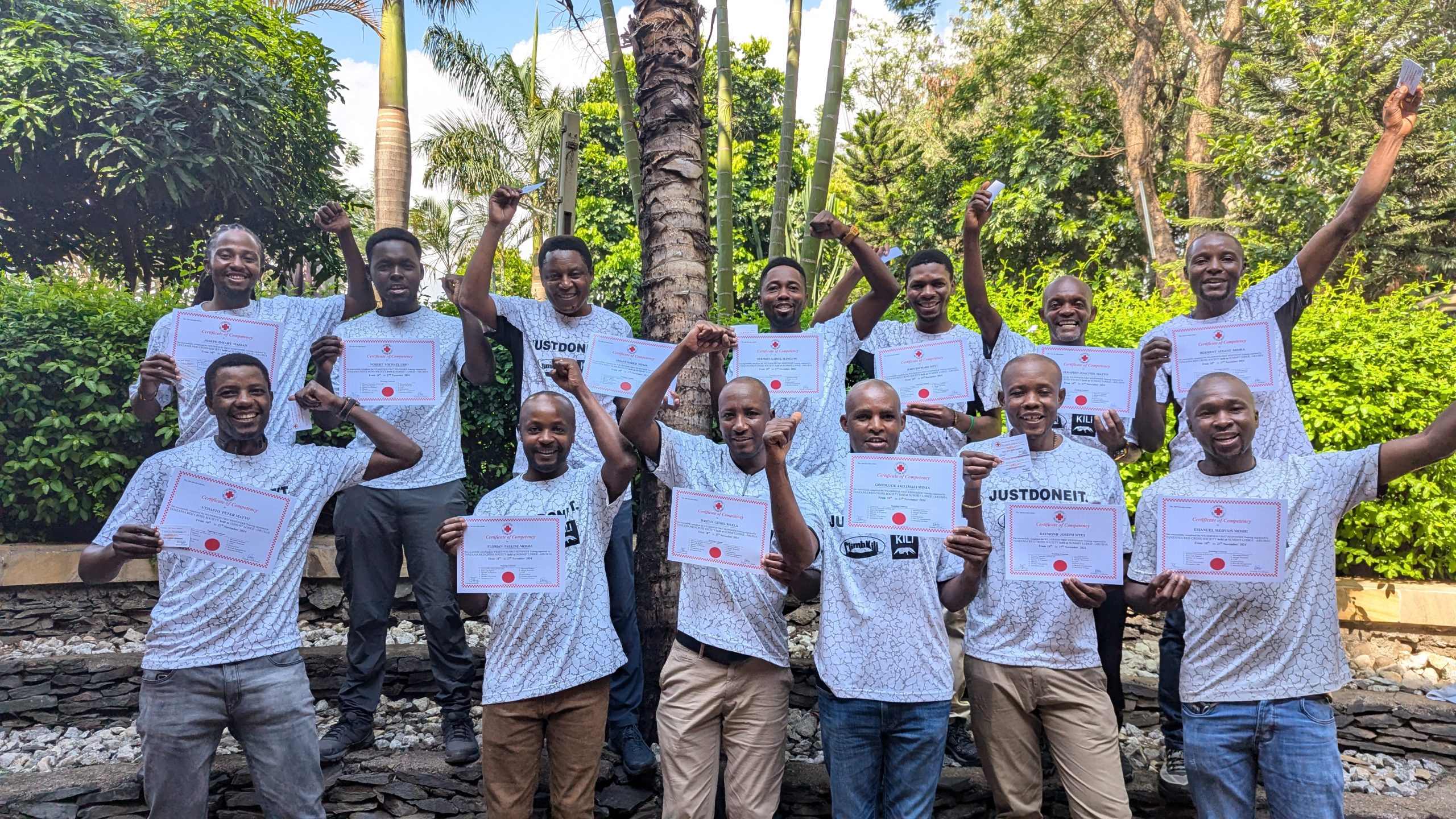
What is Wilderness First Responder Certification?
The Wilderness First Responder (WFR) certification is an intensive training program designed for those who work and lead in remote outdoor environments. Participants learn to assess, manage, and treat a variety of medical conditions and injuries that may occur far from immediate medical assistance.
For Climb Kili guides, this training includes:
- First Aid and CPR: Comprehensive techniques for stabilizing patients in emergencies.
- Altitude Awareness: Recognizing and managing symptoms of altitude-related illnesses like Acute Mountain Sickness (AMS), High-Altitude Pulmonary Edema (HAPE), and High-Altitude Cerebral Edema (HACE).
- Wilderness Rescue: Skills for safe evacuation in challenging terrains.
- Medical Equipment Use: Mastery of essential tools such as oxygen tanks, pulse oximeters, and splints.
This certification ensures that our guides are prepared to handle any situation that arises, offering peace of mind to climbers as they take on the challenge of summiting Africa’s tallest peak.
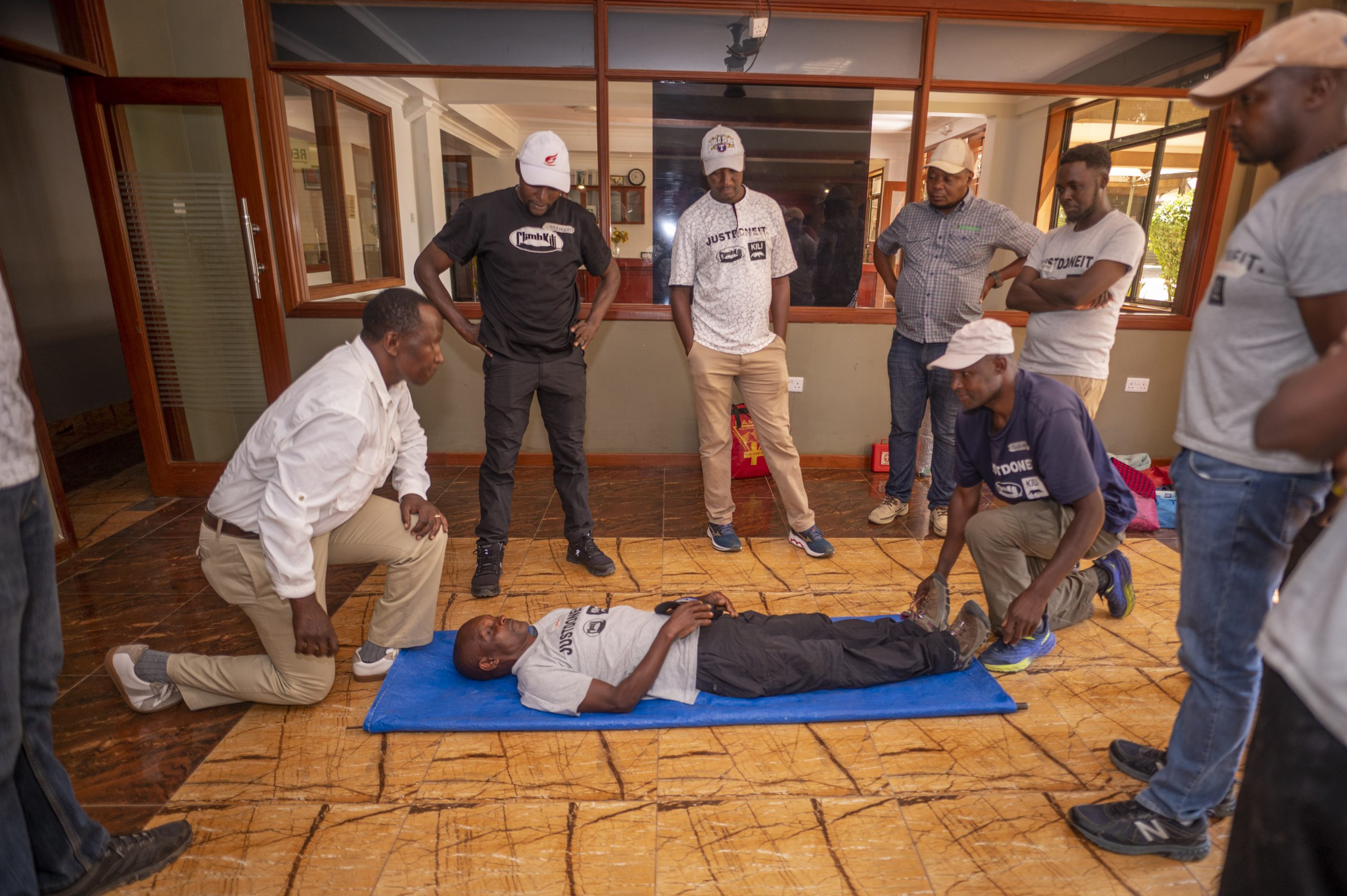
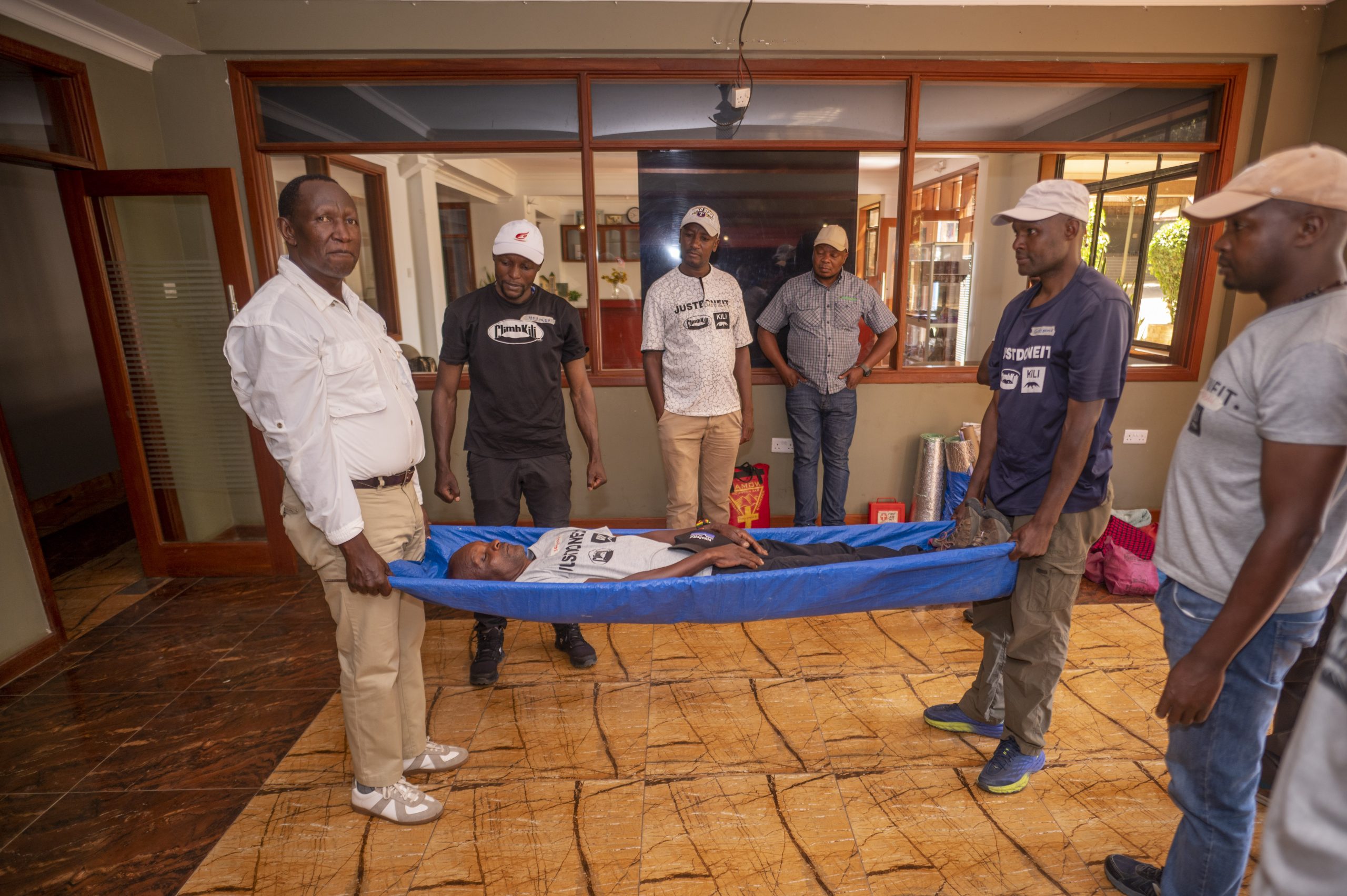
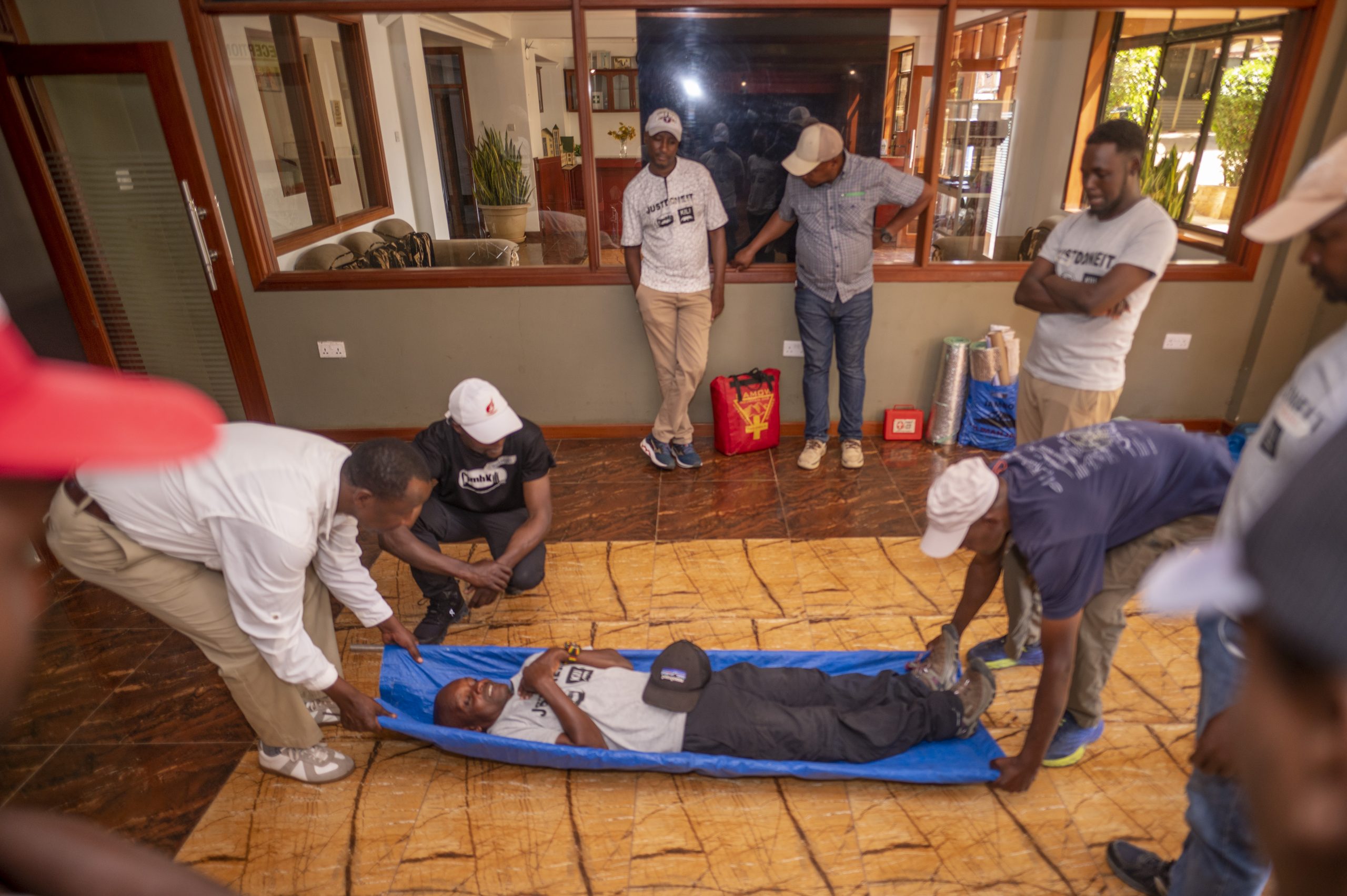
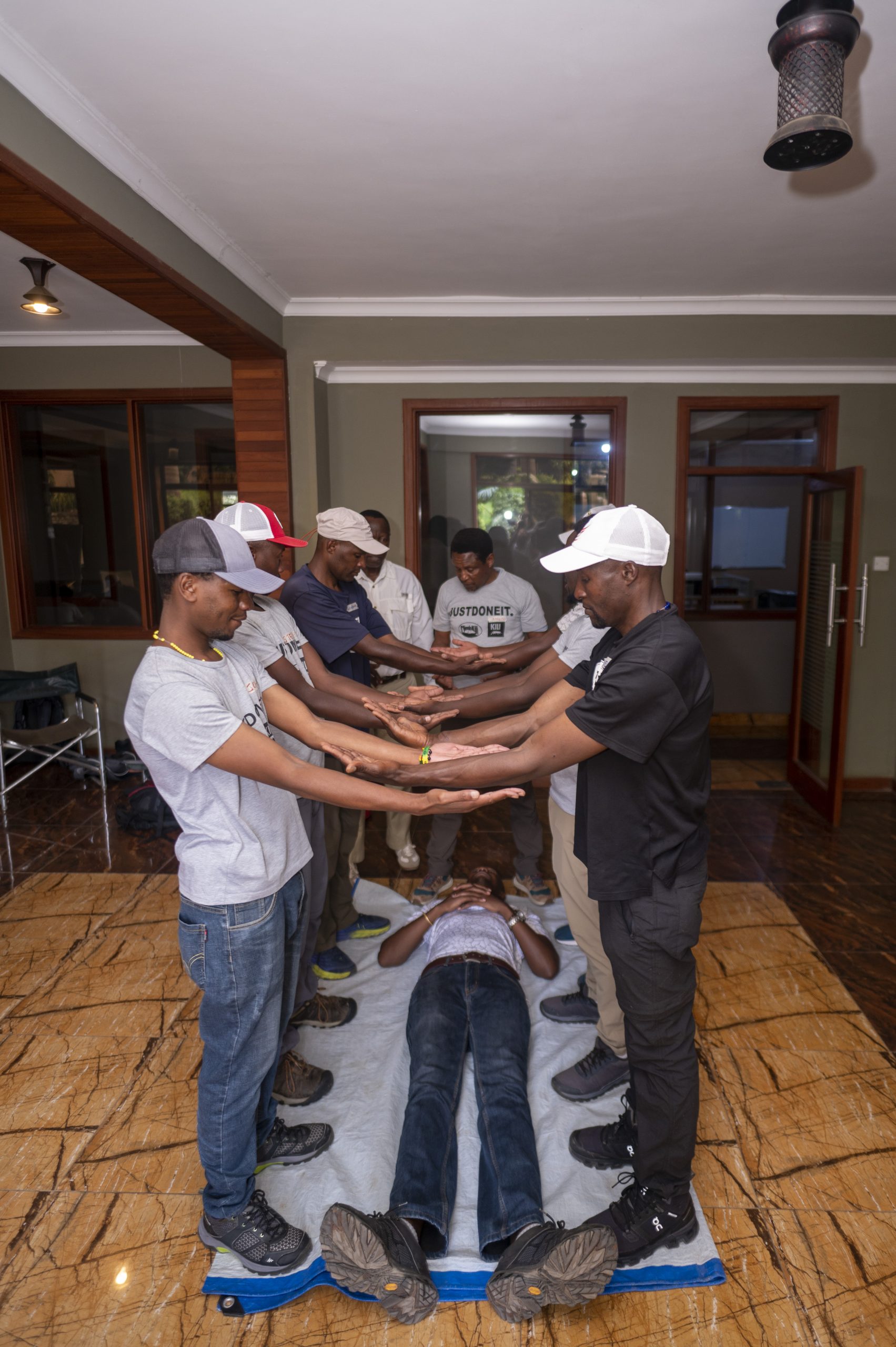
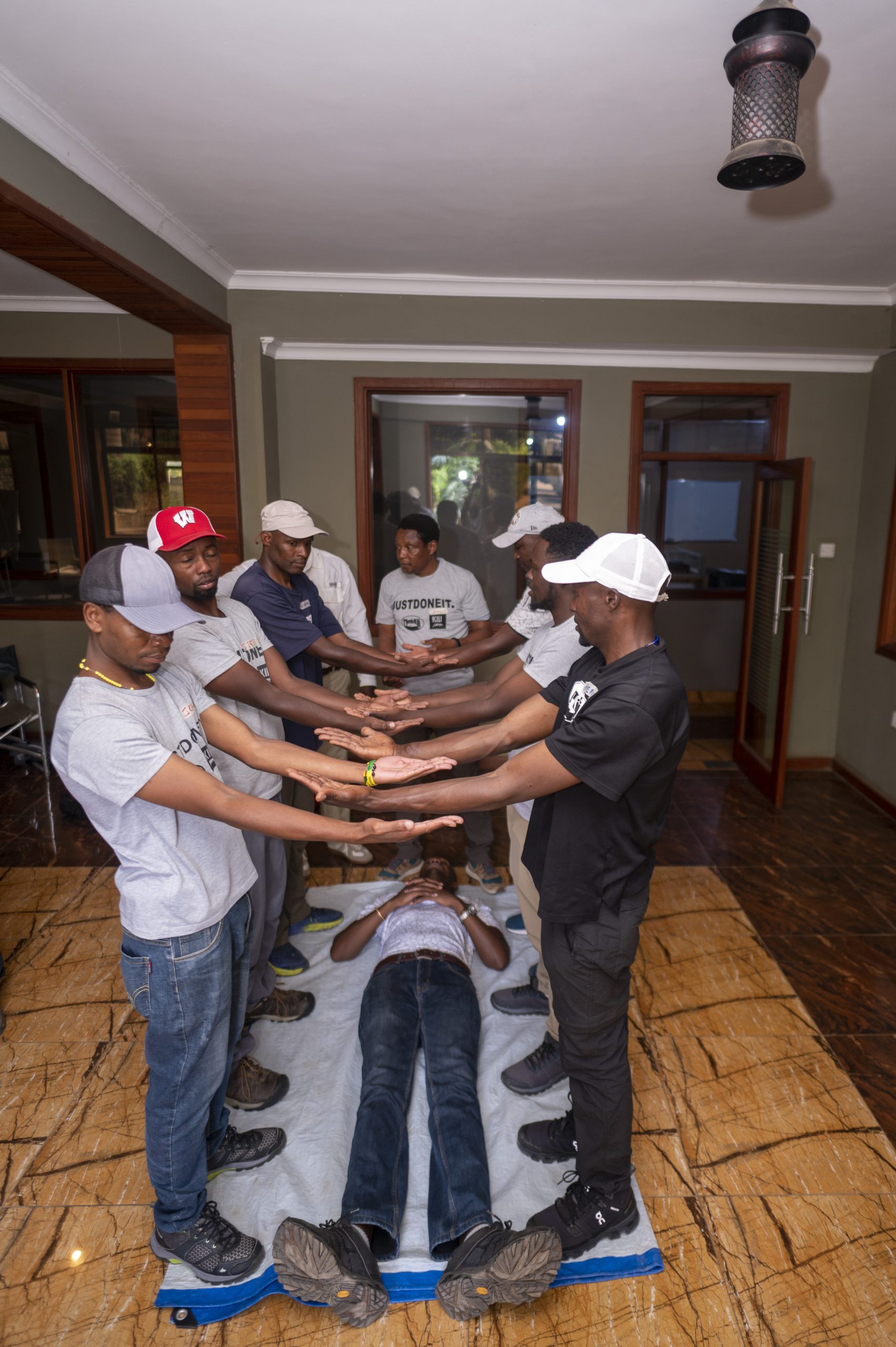
Why is Wilderness First Responder Certification Essential for Kilimanjaro?
Climbing Kilimanjaro is an exhilarating experience, but it comes with unique challenges, including high altitude, unpredictable weather, and remote terrain. Having WFR-certified guides means you’re trekking with professionals trained to:
- Identify Early Warning Signs: Guides can quickly recognize symptoms of altitude sickness, dehydration, or fatigue and take action to prevent escalation.
- Provide Immediate Care: From treating minor injuries like blisters to addressing more serious conditions, our guides are equipped to respond effectively.
- Plan Safe Evacuations: If a climber requires medical attention beyond the mountain, WFR-certified guides are skilled in planning and executing safe evacuations.
How Climb Kili Implements Wilderness First Responder Training
All Climb Kili lead guides participate in WFR certification courses conducted by accredited organizations specializing in wilderness medicine. These programs include hands-on simulations that mirror real-life scenarios on Kilimanjaro, ensuring guides gain practical, applicable skills.
Key components of our training program include:
- Scenario-Based Learning: Guides practice handling injuries, illnesses, and emergencies in settings that replicate Kilimanjaro’s unique environment.
- Altitude-Specific Protocols: Training focuses on managing altitude-related illnesses and understanding acclimatization techniques.
- Continuous Education: WFR certification requires regular recertification, ensuring our guides stay updated on the latest safety practices.
Climb Kili’s Commitment to Your Safety
At Climb Kili, safety extends beyond training. We’ve implemented additional measures to create a secure and enjoyable trekking experience:
- Daily Health Checks: Guides monitor your oxygen levels and overall health daily using pulse oximeters.
- Emergency Oxygen Supply: Each group carries supplemental oxygen for climbers experiencing altitude-related challenges.
- High-Altitude Camps: We utilize the Kosovo camp, one of Kilimanjaro’s highest base camps, for better acclimatization.
- Evacuation Plans: Our partnerships with local medical teams ensure efficient evacuation if necessary.
These protocols, combined with WFR-certified guides, provide an unmatched level of care and attention, allowing you to focus on the adventure ahead.
Wilderness First Responder Certification and Ethical Tourism
Beyond safety, WFR training empowers our guides with skills that enhance their professional growth. By investing in this training, Climb Kili supports the local Tanzanian community, creating opportunities for guides to advance their careers and set new standards of excellence.
This aligns with our commitment to ethical tourism, which includes fair wages, proper equipment for porters, and environmentally responsible practices. Choosing Climb Kili means supporting a team that prioritizes both climber safety and the well-being of the local community.
What Climbers Say About Climb Kili’s WFR-Certified Guides
The impact of having WFR-certified guides is reflected in the experiences of our climbers:
“I felt completely safe knowing our guide was trained to handle emergencies. Their professionalism and care made all the difference.” – Melissa D., Australia
“The daily health checks and attention to detail were impressive. Our guide’s expertise gave me confidence throughout the climb.” – Sarah H., USA
Your Kilimanjaro Adventure Starts Here
When you climb with Climb Kili, you’re choosing a team that places your safety and success at the forefront. Our Wilderness First Responder-certified guides are not only experts in mountain safety but also passionate about sharing the beauty and culture of Kilimanjaro with you.
Take the first step toward your Kilimanjaro adventure with Climb Kili. With our expert guides, personalized support, and unwavering commitment to safety, your journey to the summit will be an experience of a lifetime.
